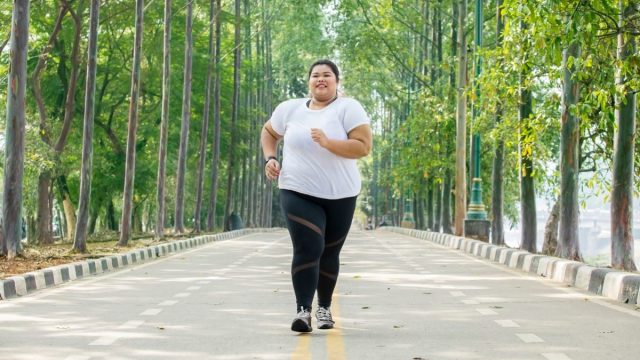Beneficial effect on glucose hemostasis seen for accumulation of more MVPA in the evening for sedentary adults
By Elana Gotkine HealthDay Reporter
THURSDAY, June 20, 2024 (HealthDay News) — For sedentary adults with obesity/overweight and metabolic impairments, the timing of moderate-to-vigorous physical activity (MVPA) is significant, with a beneficial effect on glucose homeostasis for accumulation of more MVPA in the evening, according to a study published online June 10 in Obesity.
Antonio Clavero-Jimeno, from the University of Granada in Spain, and colleagues examined the impact of lifestyle MVPA timing on daily glycemic control in 186 sedentary adults with overweight/obesity and metabolic impairments. During a 14-day period, MVPA and glucose patterns were simultaneously monitored. Each day was classified as inactive if no MVPA was accumulated; as morning, afternoon, or evening if >50 percent of the MVPA minutes were accumulated between 0600 and 1200, 1200 and 1800, or 1800 and 0000 hours, respectively; or mixed if none of the time windows accounted for >50 percent of the daily MVPA.
The researchers found that compared with being inactive, accumulating >50 percent of total MVPA in the evening was associated with lower 24-hour, diurnal, and nocturnal mean glucose levels (mean differences, −1.26, −1.10, and −2.16 mg/dL, respectively). In participants with impaired glucose regulation, this association was stronger. In both men and women, the pattern of these associations was similar.
“The timing of lifestyle MVPA is significant and … accumulating most MVPA during the evening is associated with lower glucose levels in adults with overweight/obesity and metabolic impairments,” the authors write. “These findings highlight the promising area of MVPA timing as a novel approach to improve metabolic health in people at risk of developing cardiovascular diseases.”
Copyright © 2024 HealthDay. All rights reserved.



















